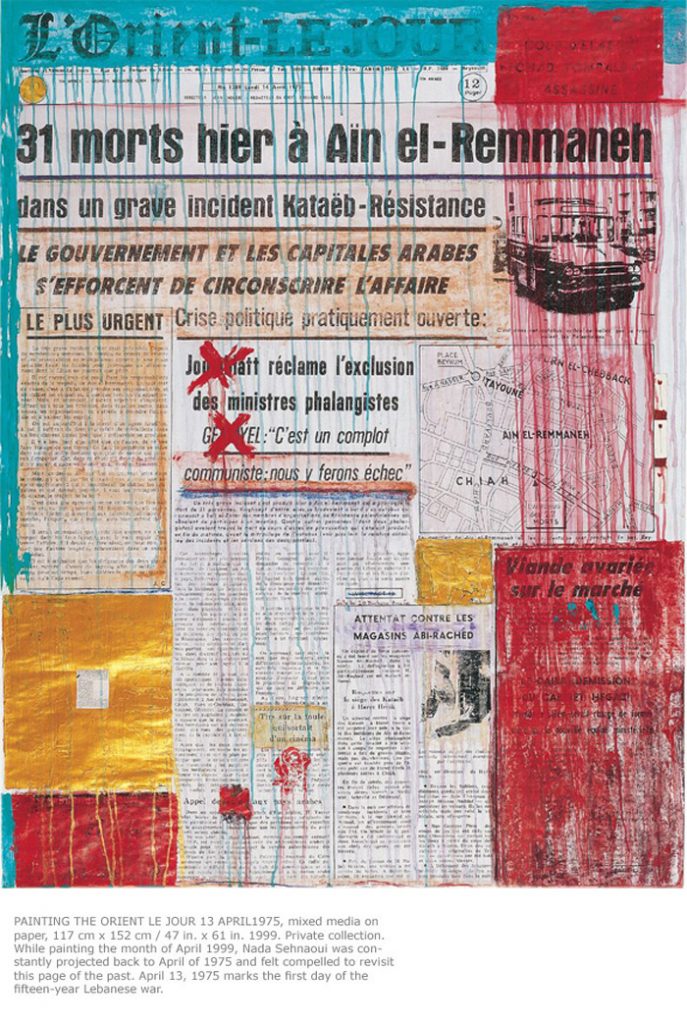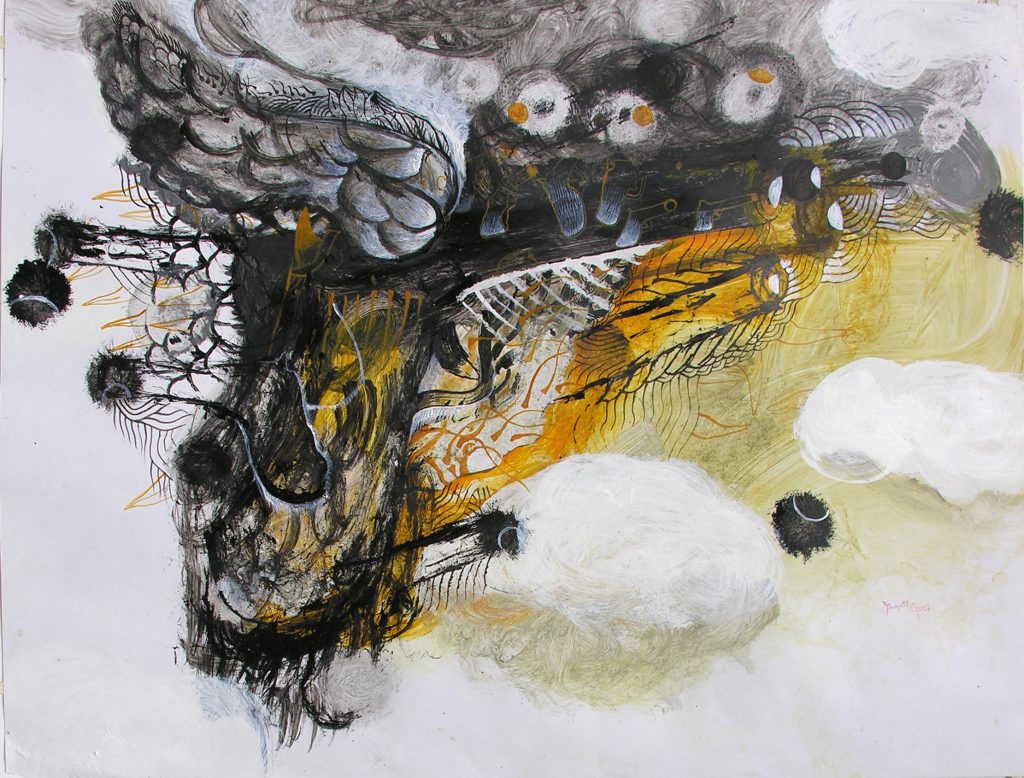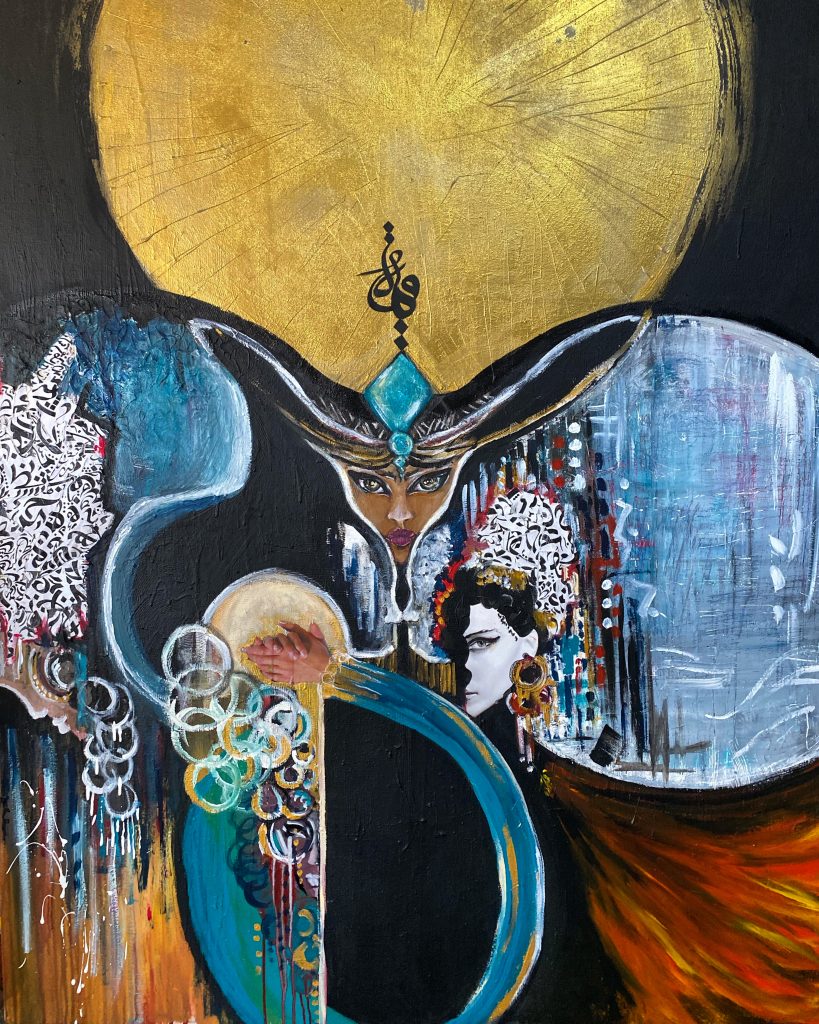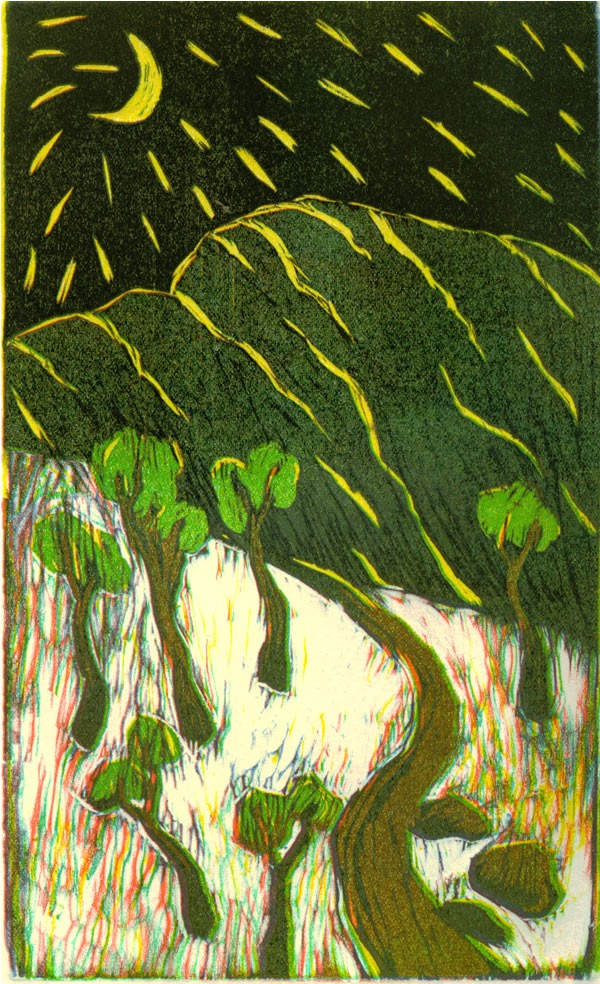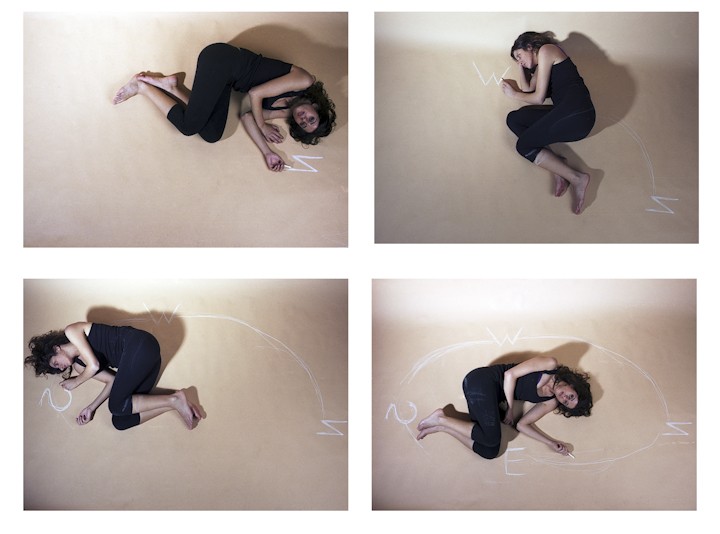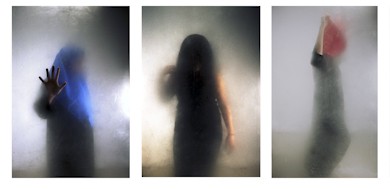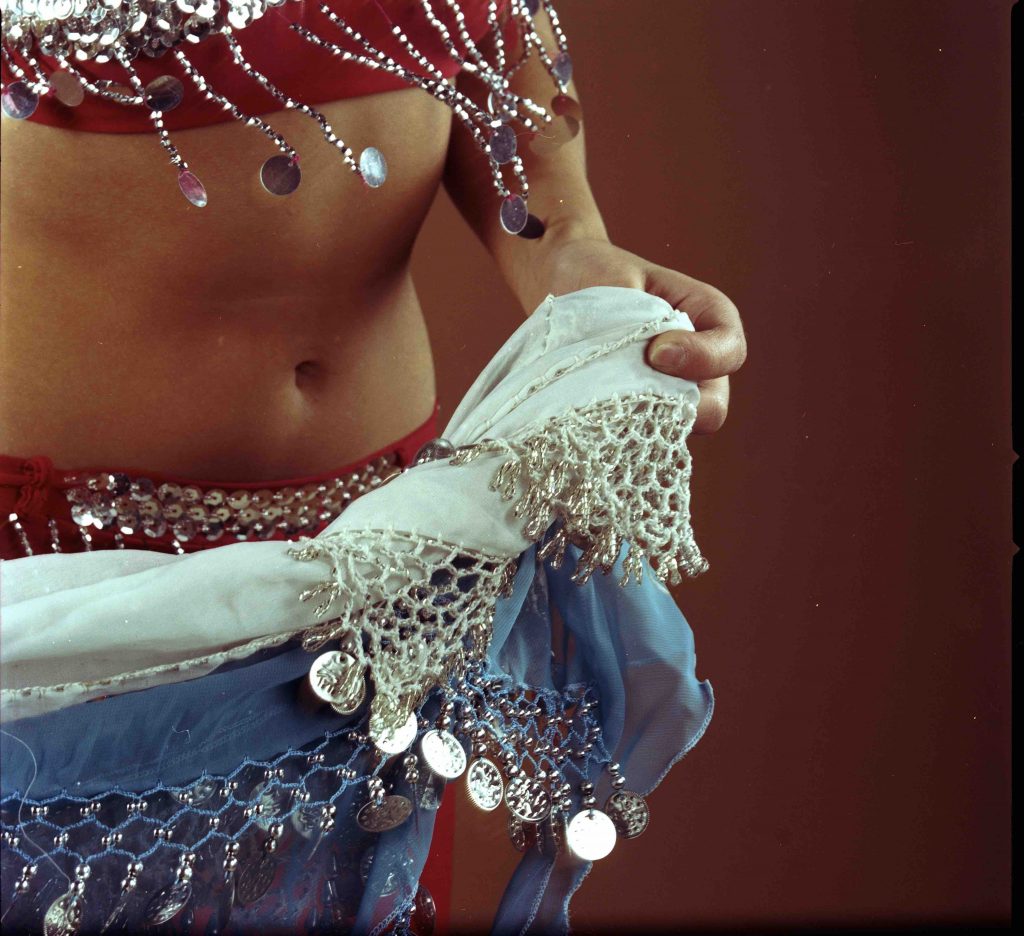Painting the Orient-Le Jour
Synopsis
Every day for the full year of 1999, Nada Sehnaoui reworked and painted over the front page of L’Orient-Le Jour, the only Lebanese Francophone newspaper. Painting the Orient-Le Jour is her first body of work to be exhibited as an installation in an art gallery.
Description
Throughout 1999, Sehnaoui religiously took up the daily practice of collaging and painting over the pages of the Francophone newspaper, L’Orient-Le Jour, known as one of the most liberal newsprint publications in Lebanon and the region. Several months out of the year merited special treatment. July and August are condensed because Sehnaoui was abroad and could not access the daily paper, while November and December see Sehnaoui resorting to shredding pages or painting them uniformly in white, which are her methods for expressing the fatigue she felt when faced with the frenzied news cycle, as the year drew to its millenarian end. Yet, her treatment for the month of April stands out, as it is the only one that summoned material from previous years into the matrix of the collage. April 13th, 1999 projected the artist back to April 13th, 1975 which is the date of the Ain el Remmaneh bus massacre, acknowledged by historical consensus as the opening of the civil war.
Media response:
Excerpt from Text by Marie Tomb
Newspapers are ripe for artistic reuses, from Picasso and Braque’s collages, to pop artists’ criticism of mass media, to Sehnaoui’s own irreverent treatment of the Lebanese Francophone daily L’Orient le Jour, whose front pages she cut up, painted over, reorganized and even shredded throughout 1999, to her installation Fractions of Memory (2003), whose towers of newspaper pages contained individuals’ memories of the war. But in an era of fake news and post-truths, of information saturation, Sehnaoui shifts the focus away from newspapers’ content, and negates their archival truth and History-writing potential, to consider them a monolithic harbinger of bad omen. By rendering information illegible and static, the artist radically interrupts the passage of time inherent to the concept of the 24- hour news cycle, and, on a broader level, problematizes the temporal premise of classical modernity.



